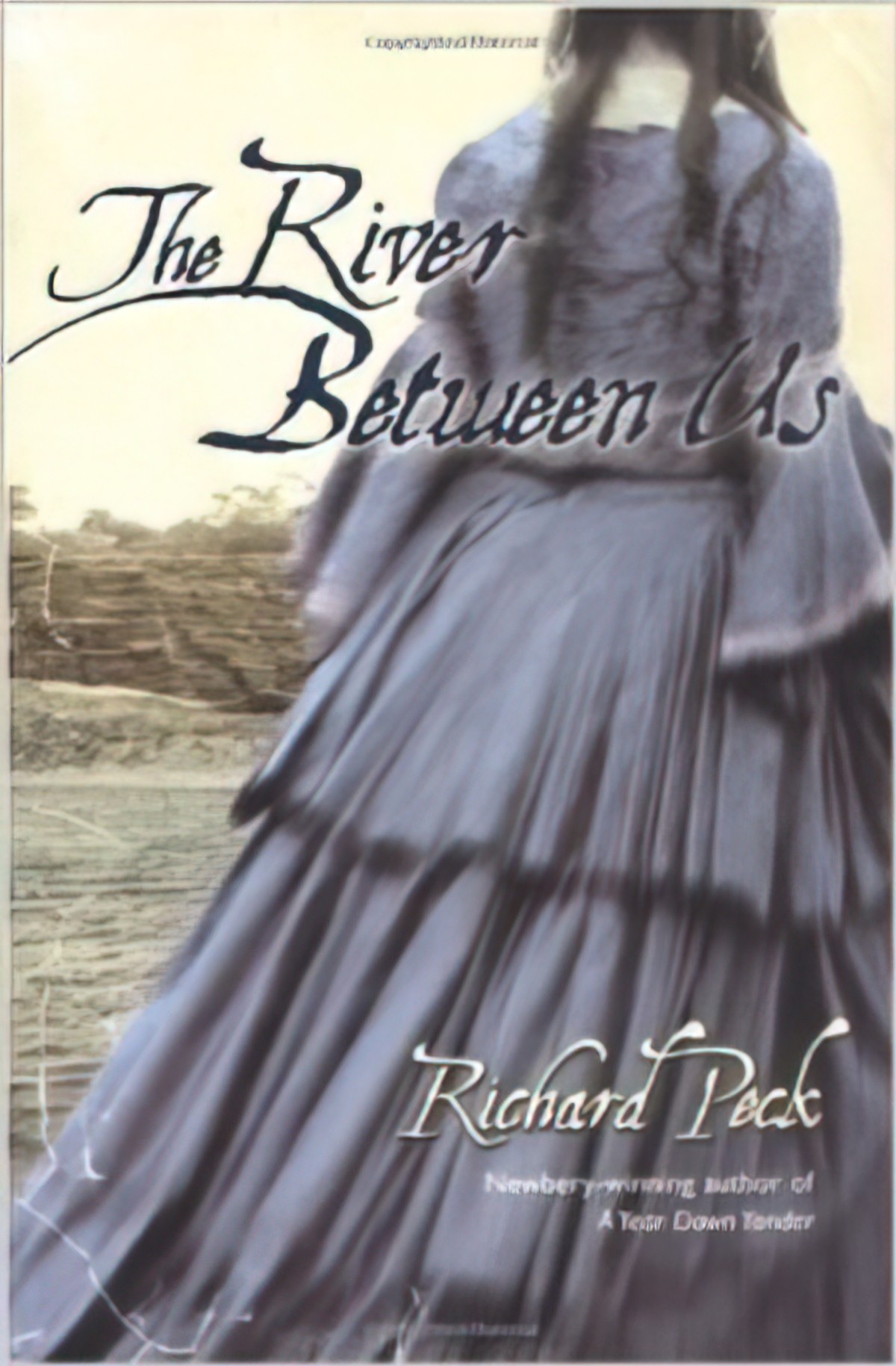-
What does Gothic mean in literature?
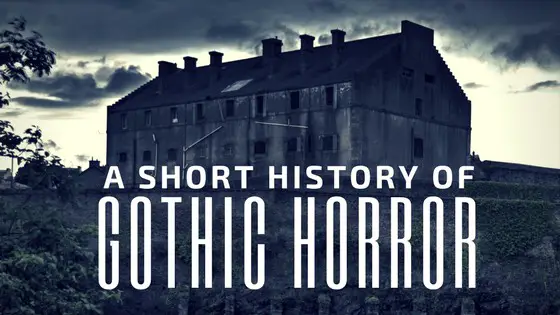
The Gothic is notoriously difficult to define. This is a type of story in constant flux. Each new literary period adds is own spin. “Gothic” is more like a skin layered upon other genres, most often: horror, romance, science fiction and fantasy. Where does one genre end and the gothic element begin?
-
New Zealand As Depicted In Fiction
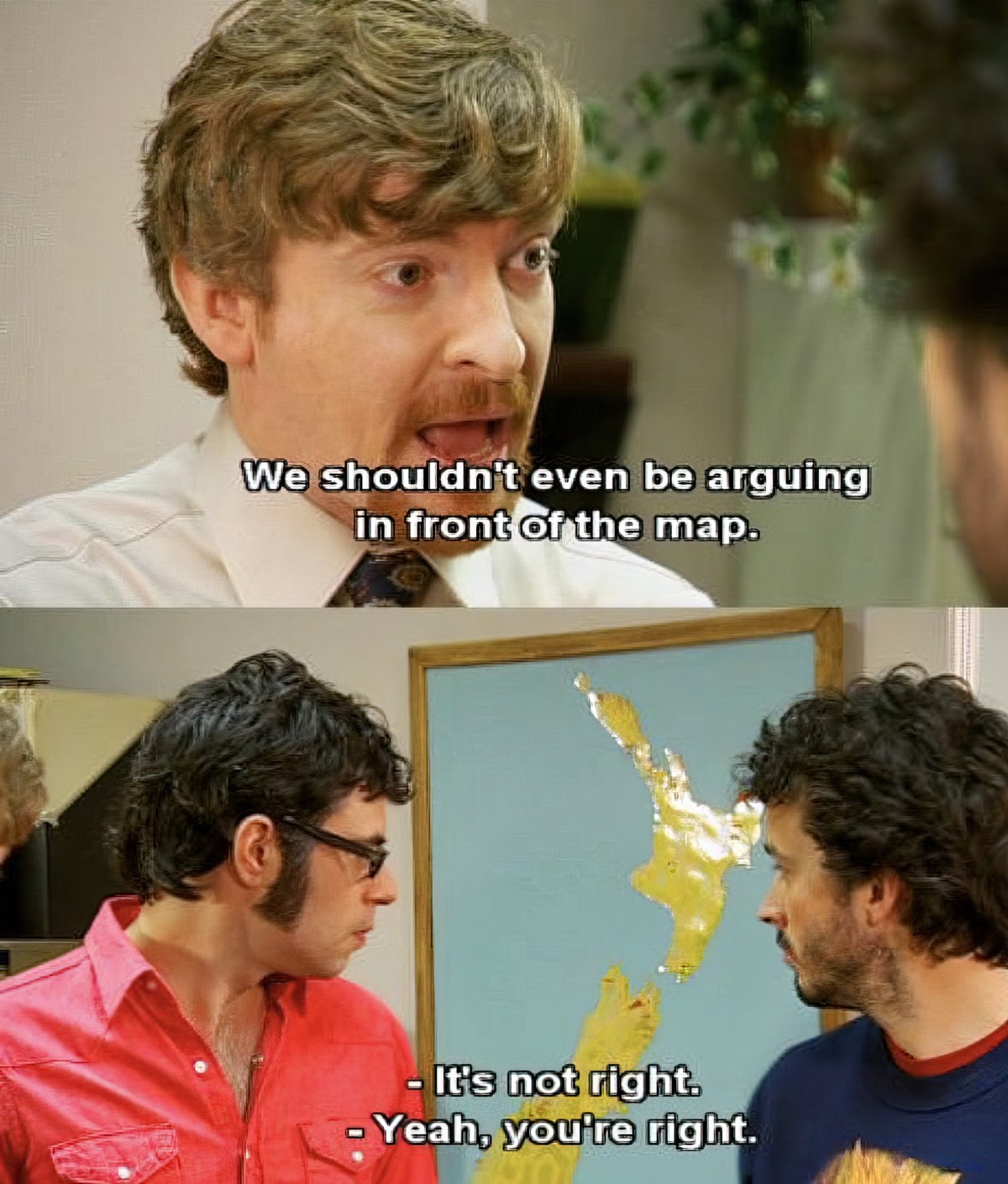
How is your country generally depicted in fiction, by writers outside your country? New Zealand in fiction, not surprisingly, is the stock country for ‘a place really, really far away.’
-
Tips For Writing Melodrama
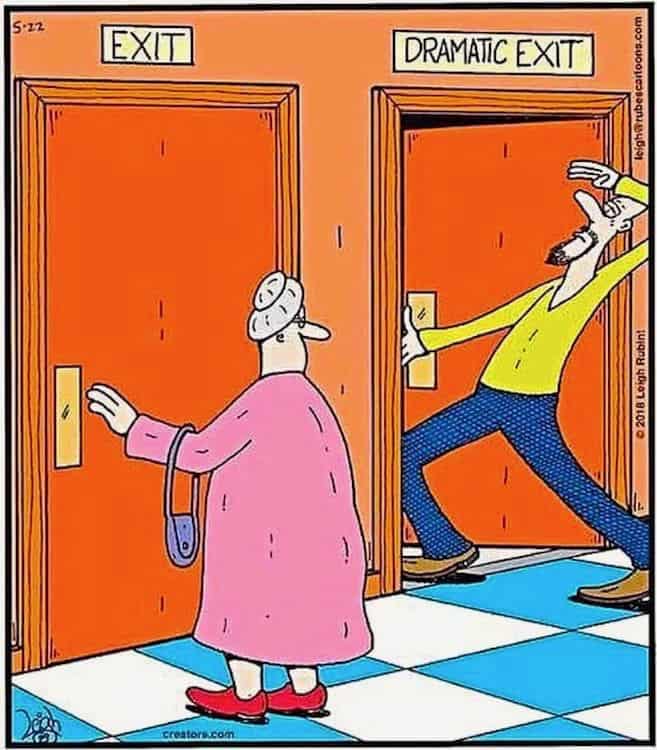
melodrama is a widely misunderstood term but has its place in good storytelling. What is melodrama, and how do we write it? Melodrama In Everyday Usage In everyday English, if we describe a person as ‘melodramatic’ we are probably describing a high drama individual. We’re probably talking about what we consider ‘too much emotion’. When […]
-
A Long Way From Chicago By Richard Peck
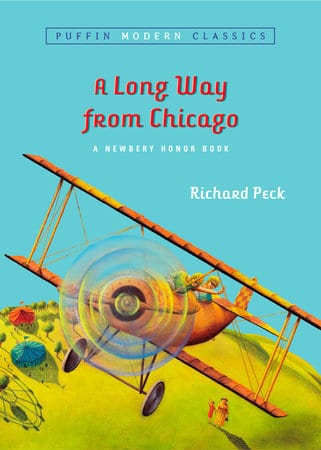
A Long Way From Chicago by Richard Peck is a Newbery Honor book from 1998, set in the era of The Great Depression. An adult narrator looks back and remembers his wily trickster grandmother. This book is one of the most moving and well-written children’s books I’ve read, at once comical and resonant. This is […]
-
Unreliable Narration In Storytelling
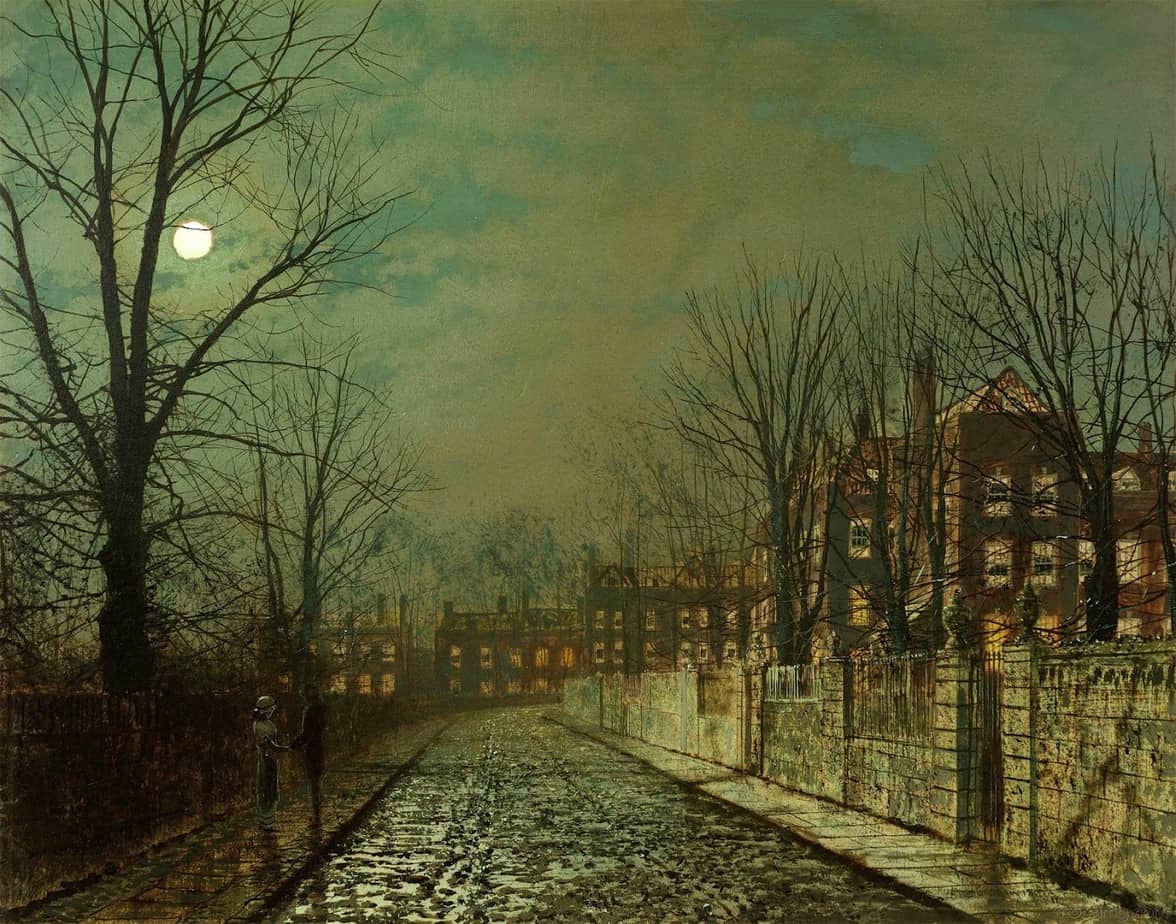
This post more than any other contains spoilers. Sometimes it’s a spoiler just to know that you’re dealing with an unreliable narrator. Unreliable narration is a storytelling technique which requires some work on the part of the reader, trying to work out how much of the story is true and how much is subjective, or […]
-
The Long Haul by Jeff Kinney Novel Study
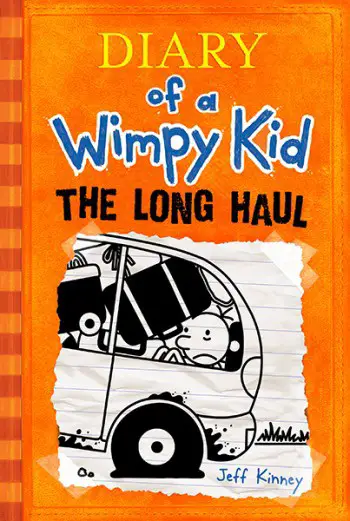
The Long Haul (2014) by Jeff Kinney is the ninth book in the Diary of a Wimpy Kid series. I wrote about Jeff Kinney’s writing process in this post, after reading various interviews with him around the web. Kinney tells everyone the same thing — he writes the jokes first, finds a way to string them […]
-
Dog Days by Jeff Kinney Middle Grade Novel Analysis
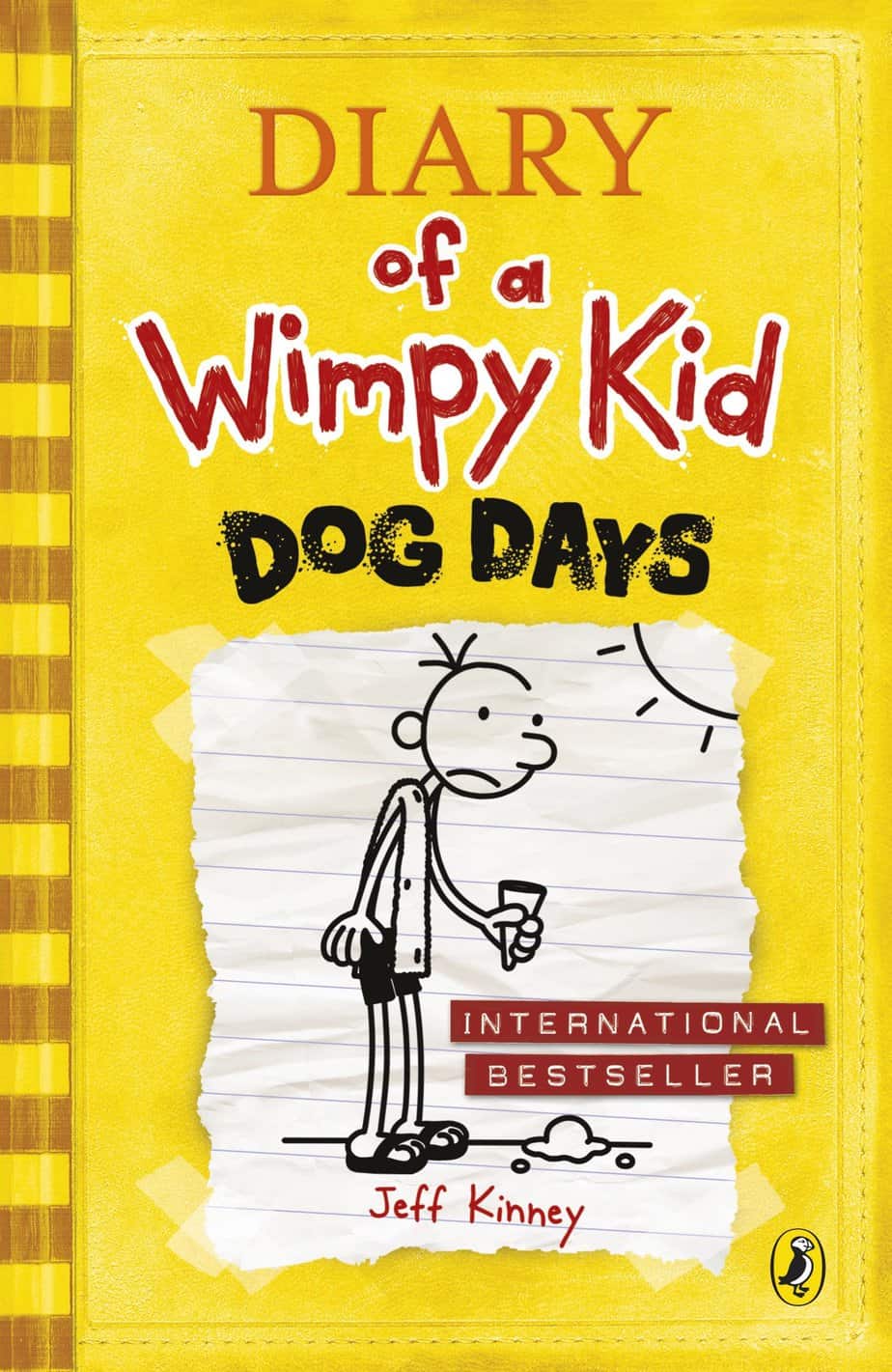
Some have said that the Diary of a Wimpy Kid books have no plot, including Jeff Kinney himself. Is this really true? If so, the perennially popular Wimpy Kid series defies a ‘law’ of storytelling — a first of its kind. Yesterday I read another book from the Wimpy Kid series and decided Dog Days […]
-
Diary Of A Wimpy Kid And The Buddy Comedy
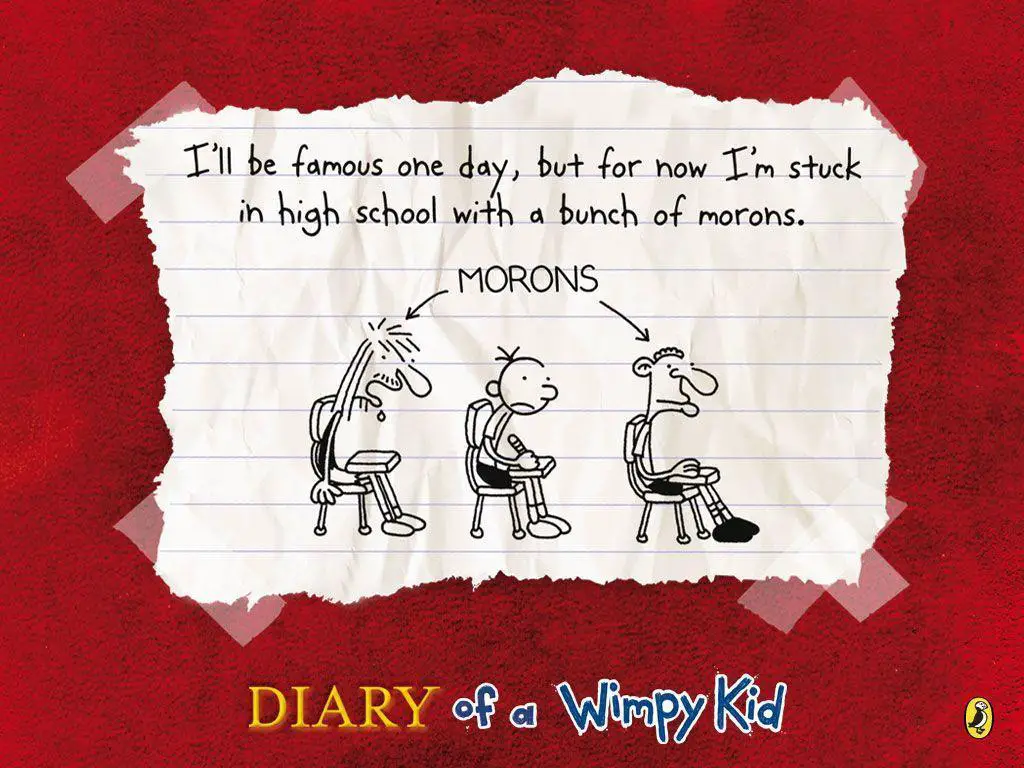
Jeff Kinney’s Diary Of A Wimpy Kid was first published in 2004. The twelfth in the series is due November 2017. Kinney originally planned ten, unless the quality dropped off. At this point he plans to continue indefinitely, so long as they’re still popular. Television tie-ins, film versions and highly illustrated diaries of the Wimpy Kid ilk […]
-
A Brief Taxonomy Of Book Titles
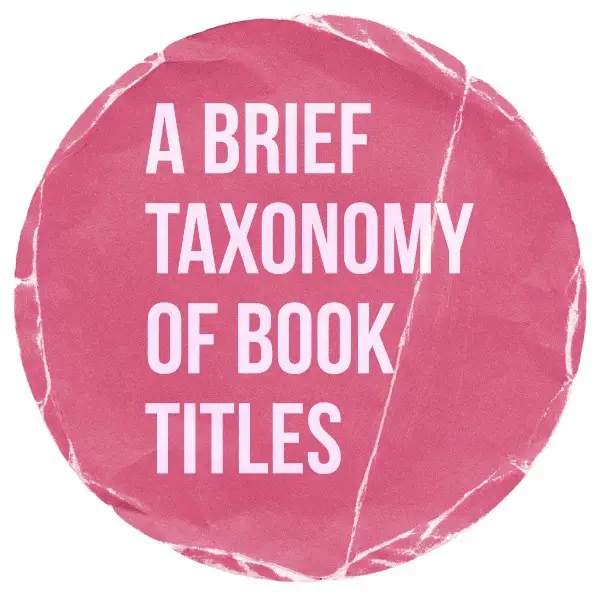
When writing a story, sometimes titles come easily, other times hard. This is something the self-published author has to think about. Traditionally published authors don’t need to get invested in the title. Marketing departments will decide for you. Here’s a secret: many, many, many titles are changed once a publisher gets hold of them. In […]
-
What is the meaning of hermeneutics?
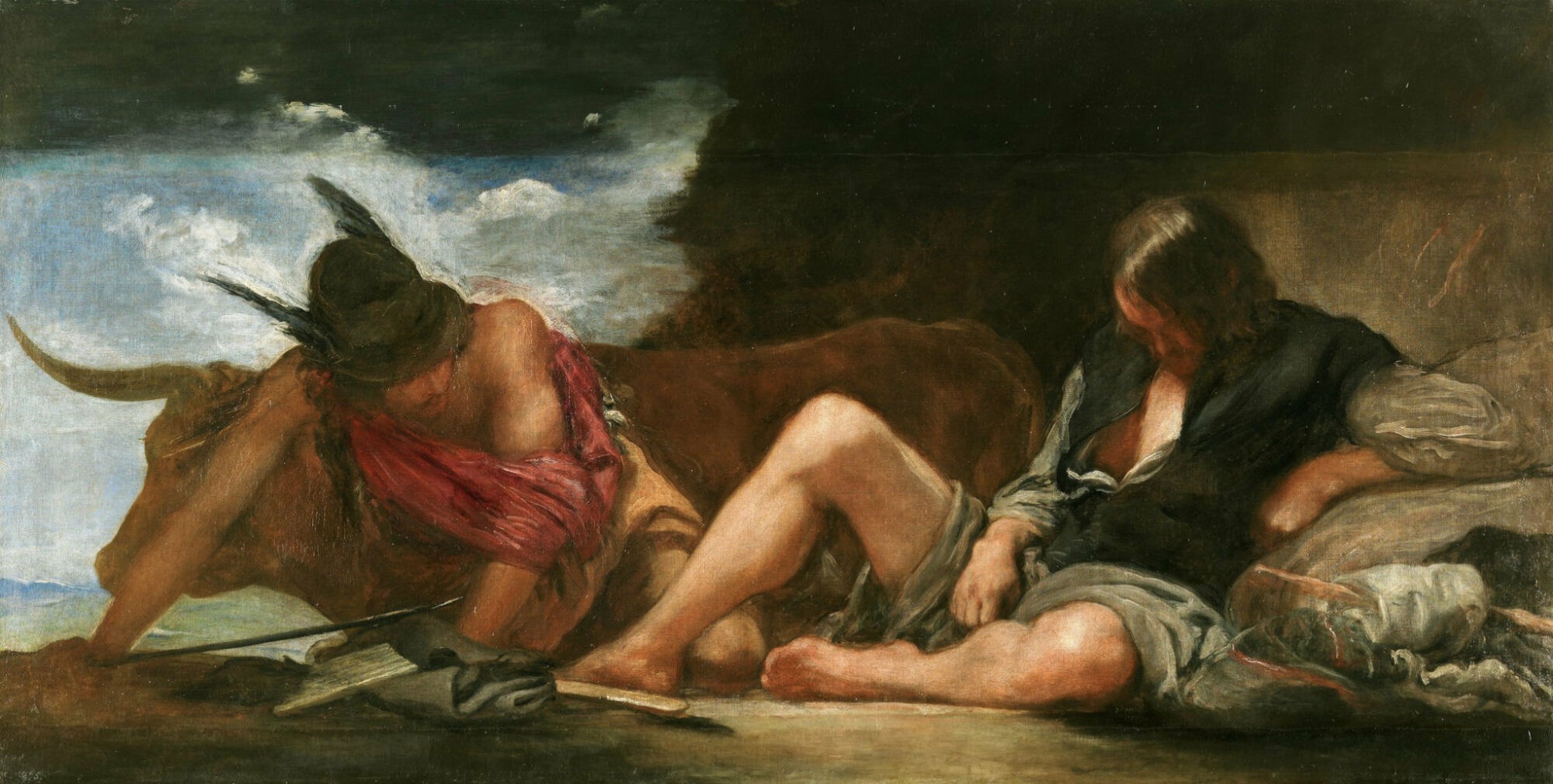
The word ‘hermeneutical’ comes from the Greek word for ‘interpreter’ and means ‘pertaining to interpretation’. Every member of an audience interprets a text differently, depending on the life experience they bring. If you’re like me and you keep hearing this word and also keep forgetting what it means, a fix for that to simply replace […]
-
Drugs In Children’s Literature
What are psychotropic drugs? Psychotropic drugs include: Mental health remains highly stigmatized. While adults who need blood thinners, cholesterol-lowering medication and insulin can take their drugs without fear of judgement, making the decision to drug your child with psychotropic drugs is considered controversial. What does this all have to do with children’s literature? Surely writers are steering clear […]
-
Things To Know About Miyazaki Films
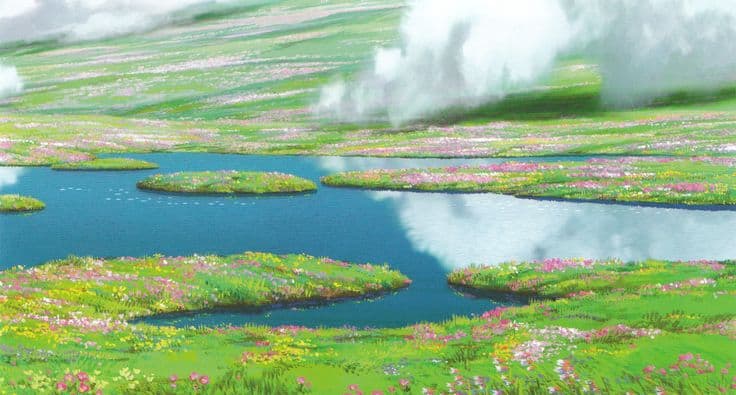
1. MIYAZAKI’S FILMS FEATURE A TECHNIQUE CALLED ‘PILLOW SHOTS’ A “pillow shot” is a cutaway, for no obvious narrative reason, to a visual element, often a landscape or an empty room, that is held for a significant time (five or six seconds). It can be at the start of a scene or during a scene. Dangerous Minds […]
